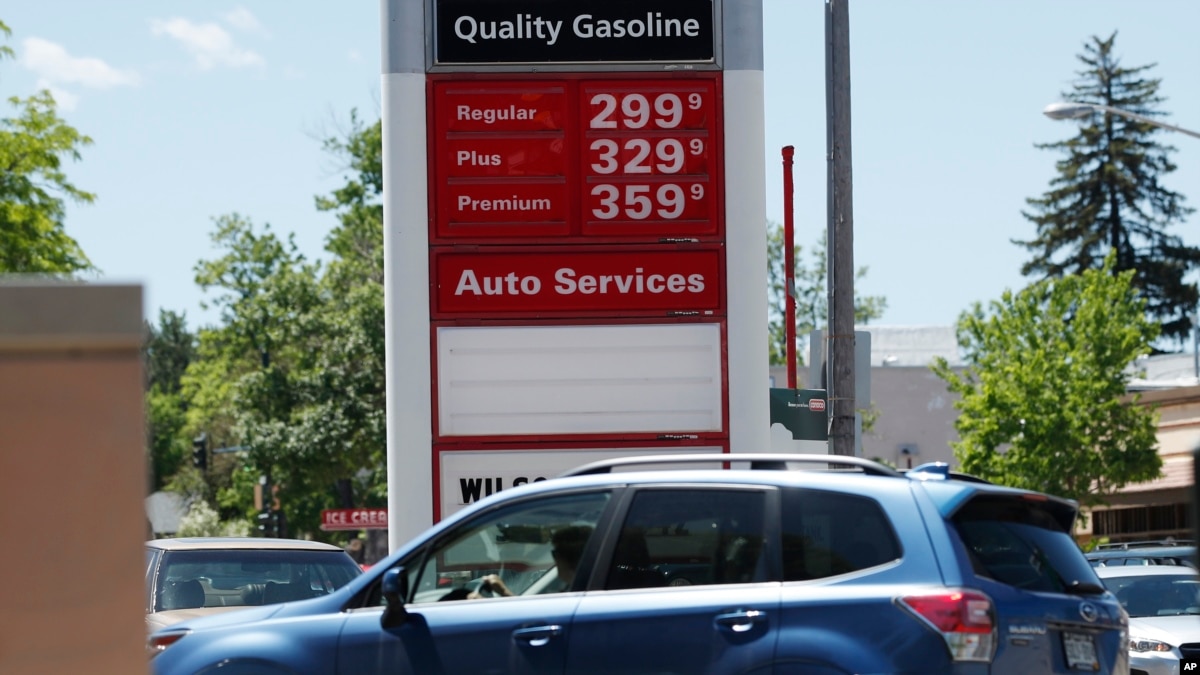
U.S. President Donald Trump says oil prices are too high and blames the Organization of the Petroleum Exporting Countries.
The 14 oil-producing nations in OPEC — Saudi Arabia, Iran, Iraq, Kuwait and Venezuela among them — produce about 40 percent of the world's oil, but about 60 percent of the oil traded on international markets. OPEC's actions, whether to cut or increase production, often heavily influence the price of oil, and by extension the prices consumers and businesses pay for fuel.
OPEC's oil chiefs struck a deal in 2016 to cut production by 1.8 million barrels a day to reduce the global glut of oil and shore up prices. Since then, oil prices have risen from below $30 a barrel to more than $70.
But that rollback in production is set to expire at the end of the year. OPEC has yet to set new production levels beyond that, but the cartel's oil ministers are meeting again next week in Vienna.
Saudi Energy Minister Khaled al-Faleh said in April that the global market can absorb higher oil prices, a remark that drew a swift rebuke from Trump.
"With record amounts of oil all over the place, including the fully loaded ships at sea, Oil prices are artificially Very High! No good and will not be accepted!" the U.S. leader tweeted on April 20, although he has no control over what OPEC decides to do.
Early in the year, with gas prices at service stations still relatively low, Trump suggested raising the country's gasoline tax that customers pay at service stations by 25 cents a gallon to fund road and highway repairs.
But the president has not mentioned the tax increase idea in months as gas prices have steadily risen because of higher oil prices on the world market, eating into higher take-home pay that millions of American workers gained when Congress late last year passed tax-cut legislation supported by Trump.
The average gallon of gas in the United States now costs $2.92, far more than in such oil-producing countries as Nigeria, Saudi Arabia and Iran, and far less than in other countries around the world, including Europe.
/cloudfront-us-east-1.images.arcpublishing.com/bostonglobe/VNG7YMZTRWJ5WBFTJ5NVETPCQI.jpg)
No comments:
Post a Comment